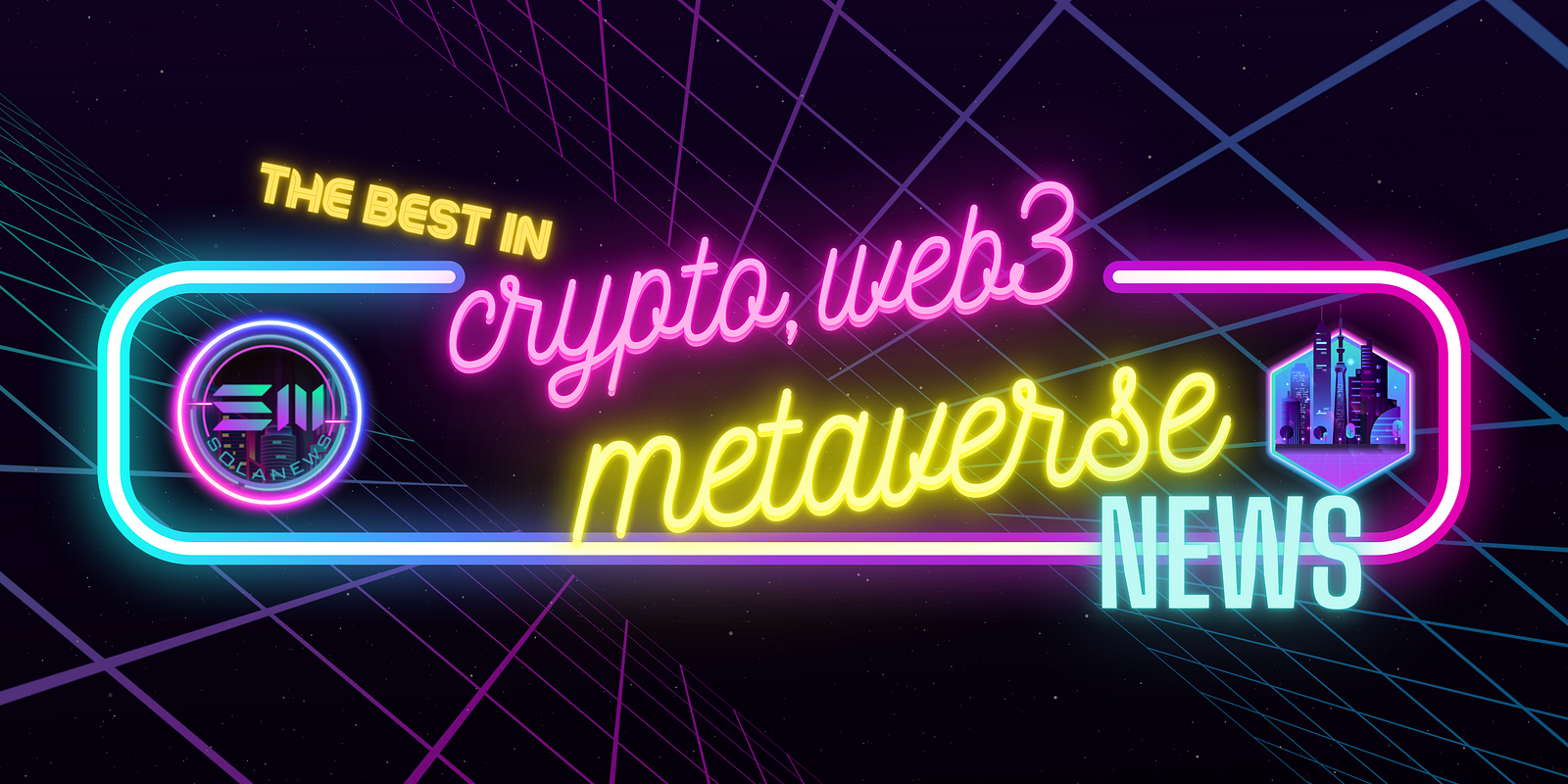•Visa releases a paper on Monday outlining the potential for the company to one day collaborate with the Ethereum network on automatic payments.
• The paper details how Ethereum users could—with support from Visa—schedule auto-payments sent from self-custodial crypto wallets, a capability not yet possible on the Ethereum mainnet.
• Such capability would be enabled by a popular Ethereum proposal called “Account Abstraction,” which would allow Ethereum user accounts to function like smart contracts and feature pre-scheduled execution functions.
• Catherine Gu, Visa’s Head of CBDC and Protocols, told Decrypt that the company wants to have an opportunity to actively contribute to technical developments happening in the crypto ecosystem and that they are investigating what other blockchain technologies are poised to reshape the world of payments.
• Gu said that while the adoption of these technologies is very nascent right now, there could be something there down the road and that a lot of research needs to be done around fundamental aspects important for payments, like security and scalability.
Visa recently released a paper outlining a potential collaboration between their payment network and the Ethereum blockchain. The paper explains how the payments giant is considering ways to enable users to schedule auto-payments sent from self-custodial crypto wallets, with one of the proposed solutions being Account Abstraction. In this blog post, we’ll explore what Account Abstraction is, how it works, and why Visa is interested in exploring it.
What is Account Abstraction?
Account Abstraction is a concept that allows for the automated sending of transactions on the Ethereum network. It does this by allowing users to submit transactions to a smart contract before they are executed. This means that users can set up pre-scheduled payments that can be sent from their self-custodial wallets at predetermined intervals or times. By using Account Abstraction, users can ensure that their transactions are executed as quickly and efficiently as possible without having to manually trigger them each time.
How Does It Enable Pre-Scheduled Execution Functions for Payments?
Account Abstraction makes it possible for users to set up pre-scheduled payments on the Ethereum network. This means that they can send out payments at predetermined intervals or times without having to manually trigger them each time. By using Account Abstraction, users can ensure that their transactions are executed as quickly and efficiently as possible while also helping to reduce transaction fees associated with manual triggering of payments.
What Are the Benefits of Account Abstraction for Payments?
The main benefit of using Account Abstraction is that it enables users to automate payments on the Ethereum network without having to manually trigger them each time. This helps reduce transaction fees associated with the manual triggering of payments while also ensuring that the transactions are executed as quickly and efficiently as possible. Additionally, Account Abstraction has great potential when it comes to enabling secure and scalable payment solutions for enterprise use cases such as payrolls or rent payments.
Visa’s Interest in Blockchain Technology
Catherine Gu, Visa’s Head of CBDC and Protocols, told Decrypt that the company wants to have an opportunity to actively contribute to technical developments happening in the crypto ecosystem and that they are investigating what other blockchain technologies are poised to reshape the world of payments.
Gu said that while the adoption of these technologies is very nascent right now, there could be something there down the road and that a lot of research needs to be done around fundamental aspects important for payments, like security and scalability.
Visa understands how important blockchain technology could be when it comes to transforming payment networks around the world and creating secure, efficient solutions for customers and businesses alike. As a result, they have been exploring various ways in which blockchain technology could be used in their own payment networks in order to provide better services for customers while also reducing costs associated with traditional payment methods like credit cards or cash transfers.
Who Is Leading the Charge at Visa in This Space?
At Visa, there are several teams working on different aspects of blockchain technology research and development (R&D). These teams include software engineers, product designers, data scientists, and other professionals who are looking into ways that blockchain technology can help make global payments more secure and efficient while providing new opportunities for businesses and customers alike.
What Other Areas of Research Are They Looking Into?
In addition to exploring ways in which blockchain technology could be used within their own payment networks, Visa is also researching other areas such as security protocols, scalability solutions, and applications built on top of existing public blockchains like Ethereum or Cardano. They are also looking into developing technologies like zero-knowledge proofs (ZKPs) which could potentially be used within their own applications or services in order to improve security even further while providing a more user-friendly experience for customers worldwide.
Visa and the future of its blockchain endeavors
Visa has recently outlined a potential collaboration between their payment network and Ethereum which would enable auto-payments sent from self-custodial crypto wallets using something called Account Abstraction – an automated system that allows users to pre-schedule execution functions for their transactions on the Ethereum network securely and efficiently without having to manually trigger them each time themselves. Additionally, Visa’s interest in exploring blockchain technology extends beyond just this collaboration; they are researching various other areas such as security protocols, scalability solutions & applications built on top of existing public blockchains like Ethereum or Cardano so they can continue innovating & providing better services & experiences for all involved parties worldwide.

While you are enjoying our Solanews/Metafi content be sure to check out our social media channels to stay on top of all things web3, crypto, and the metaverse!

